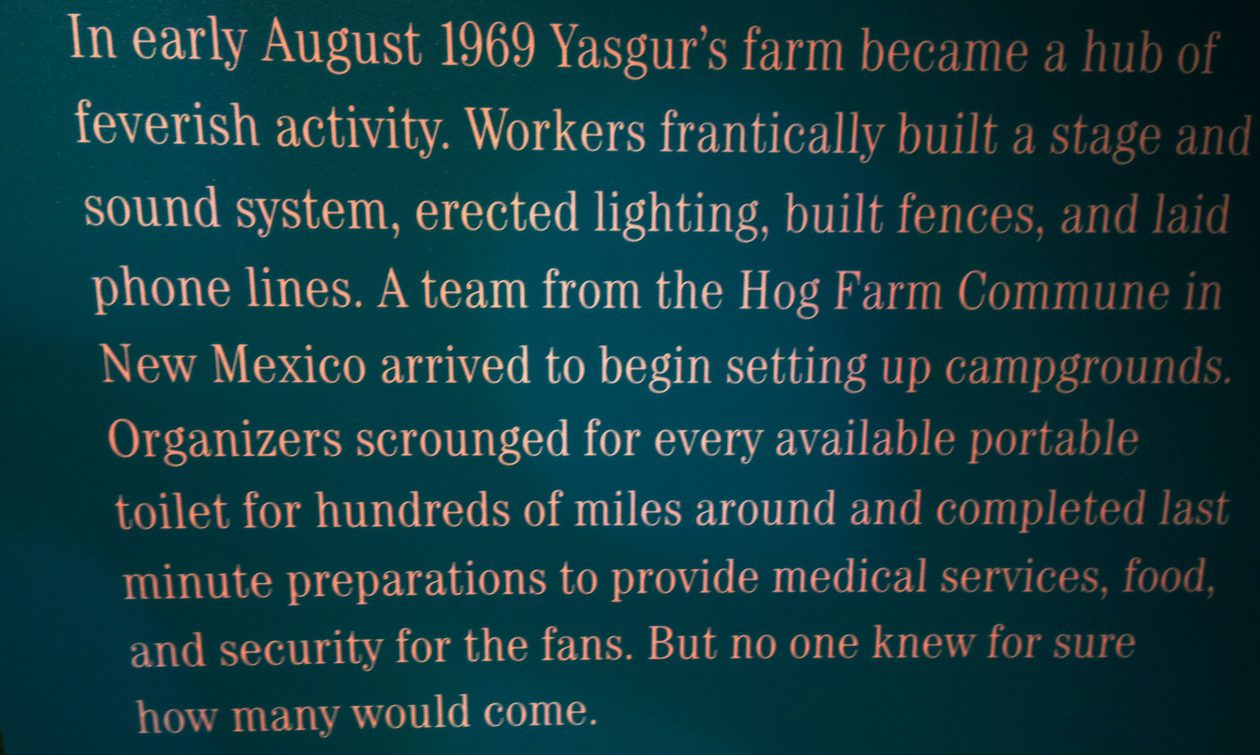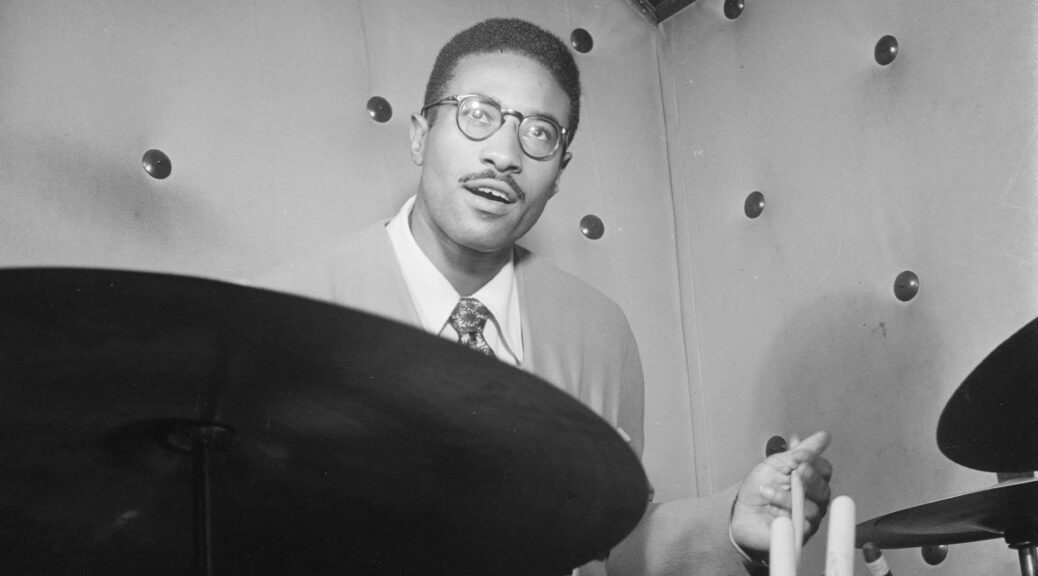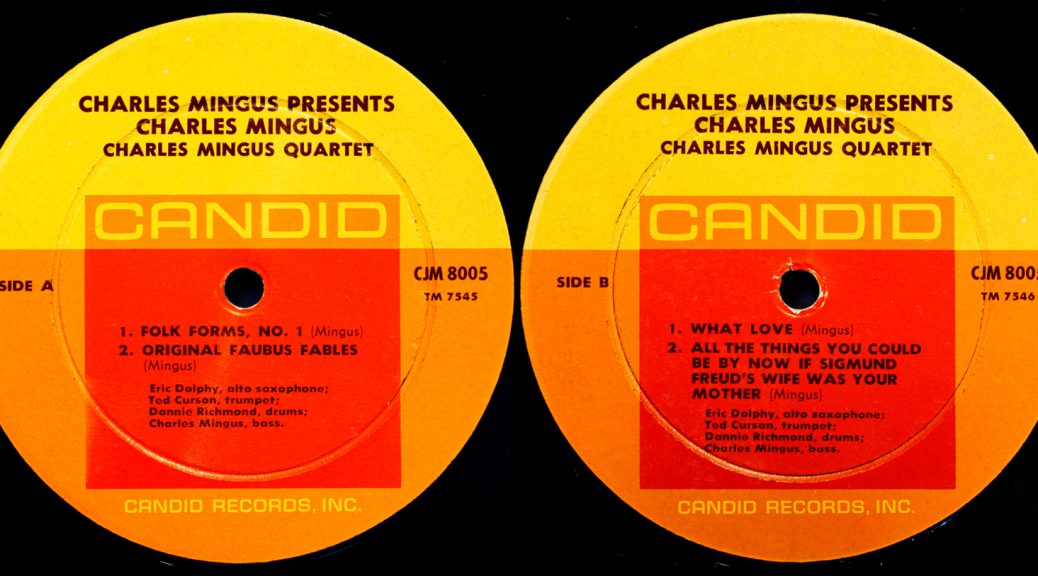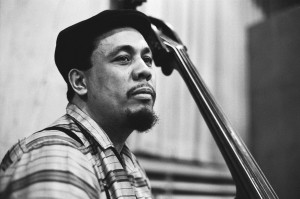Max Roach We Insist! Freedom Now Suite

Max Roach had recorded We Insist! (subtitled Max Roach’s Freedom Now Suite) on August 31 and September 6, 1969 at the Nola Penthouse Sound Studio in New York. Candid Records released the album.
It contains a suite which composer and drummer Max Roach and lyricist Oscar Brown had begun to develop in 1959, with a view to its performance in 1963 on the centennial of the Emancipation Proclamation. The album cover references the sit-ins of the Civil Rights Movement.
Max Roach We insist! Freedom Now Suite
Core Collection
The Penguin Guide to Jazz awarded the album one of its rare crown accolades, in addition to featuring it as part of its Core Collection.
The music consists of five selections concerning the Emancipation Proclamation and the growing African independence movements of the 1950s.
Max Roach We insist! Freedom Now Suite
|
Side one
|
Side two
|
Max Roach We insist! Freedom Now Suite
Abbey Lincoln
Only Roach and vocalist Abbey Lincoln perform on all five tracks, and one track features a guest appearance by saxophonist Coleman Hawkins.
|
Max Roach We insist! Freedom Now Suite
Accolades
From AllMusic’s Michael G Nastos: This is a pivotal work in the discography of Roach and African-American music in general, its importance growing in relevance and timely, postured, real emotional output. Every modern man, woman, and child could learn exponentially listening to this recording — a hallmark for living life.
From a Jerry Jazz Musician site in 2014: We Insist! Max Roach’s Freedom Now Suite — a seminal recording from the heat of the civil rights era that, according to Candid A&R director (and jazz writer/civil rights activist) Nat Hentoff, spoke “defiant truth to power” — is now-more-than-ever relevant, and required musical achievement, artistic vision and personal courage. It was recorded and produced at a time of protest against bigotry and racial discrimination when bigotry and racial discrimination were not only not illegal, they were institutionalized.



